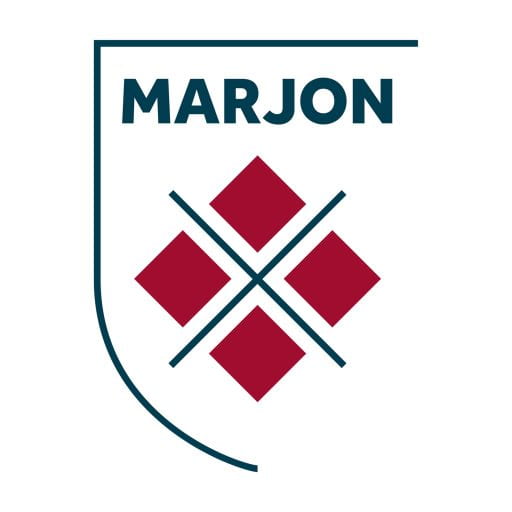Could you take on an MRes?

Postgraduate study is a brilliant, rewarding but challenging opportunity to showcase your talents and hone your experience to enhance your career, or jump into a new one!
The MRes experience with Marjon is customised to reflect your professional aspirations and increase your potential to progress with your current employer, within the wider sector, or in a new career. The programme also provides a good grounding in the research process and can be a stepping stone into doctoral research.
What is an Master of Research (MRes) programme?
An MRes is a postgraduate Master’s-level degree that focuses on research and equips you with the skills to conduct research independently. This programme allows you to research an area of interest and really finesse your skill set while expanding your knowledge.
Do I have the skills to complete an MRes?
Postgraduate study is great, but you shouldn’t assume it’s easy! If you’re considering an MRes, you should:
- Have a desire to direct your research and be driven to discover more.
- Be curious to explore a desired line of research.
Many MRes students use their Master’s degree as a step into further study such as a PhD. An MRes will equip you with the necessary skills for this.
What would my timetable look like?
Many of our students have work, family, or caring commitments, so our MRes aims to fit around you. We try to keep our on-site taught sessions limited to one afternoon a week, allowing you time to study independently too.
Here’s an example of a semester A timetable:
Tuesday – 13:30-15:00 Lecture (Module 1)
Tuesday – 15:30-17:00 Seminar (Module 2)
What will the teaching be like on the course?
Interactive learning is a key part of your study, so taught sessions are full of student contributions. We’ll ask you to engage with specific reading materials and pre-recorded lectures to stimulate your mind and shape discussions that follow in class.
Lecture presentation slides and supplementary reading on relevant topics are usually available before your sessions to help you prepare and support your independent study.

What is the difference between full-time and part-time study?
On the full-time programme, you will complete your modules in one academic year which is usually most suitable for those with a developed research project idea and minimal commitments outside of university.
The full-time option allows you to complete the programme over two years, with three modules in the first year and two modules in the second. The part-time course is usually favourable for students with other commitments, especially work.
How will I be assessed?
We like to make sure our assessments are authentic and align with tasks that a researcher would need to complete. Your assessments may include reports, portfolio work, a literature review, a proposal, a presentation, and a Master’s thesis.
What is a supervisor and who will mine be?
Supervisors are research-active members of staff at Marjon. They’ll have a research interest in your subject specialism and will be there to support, challenge, and help you succeed. Your supervisor will be your first point of contact whilst conducting your research.
Kickstart your MRes and find out more – contact Programme Leader Rosanna Walters-Symons here.
Post authored by:
Rosanna Walters-Symons
Senior Lecturer
Plymouth Marjon University
